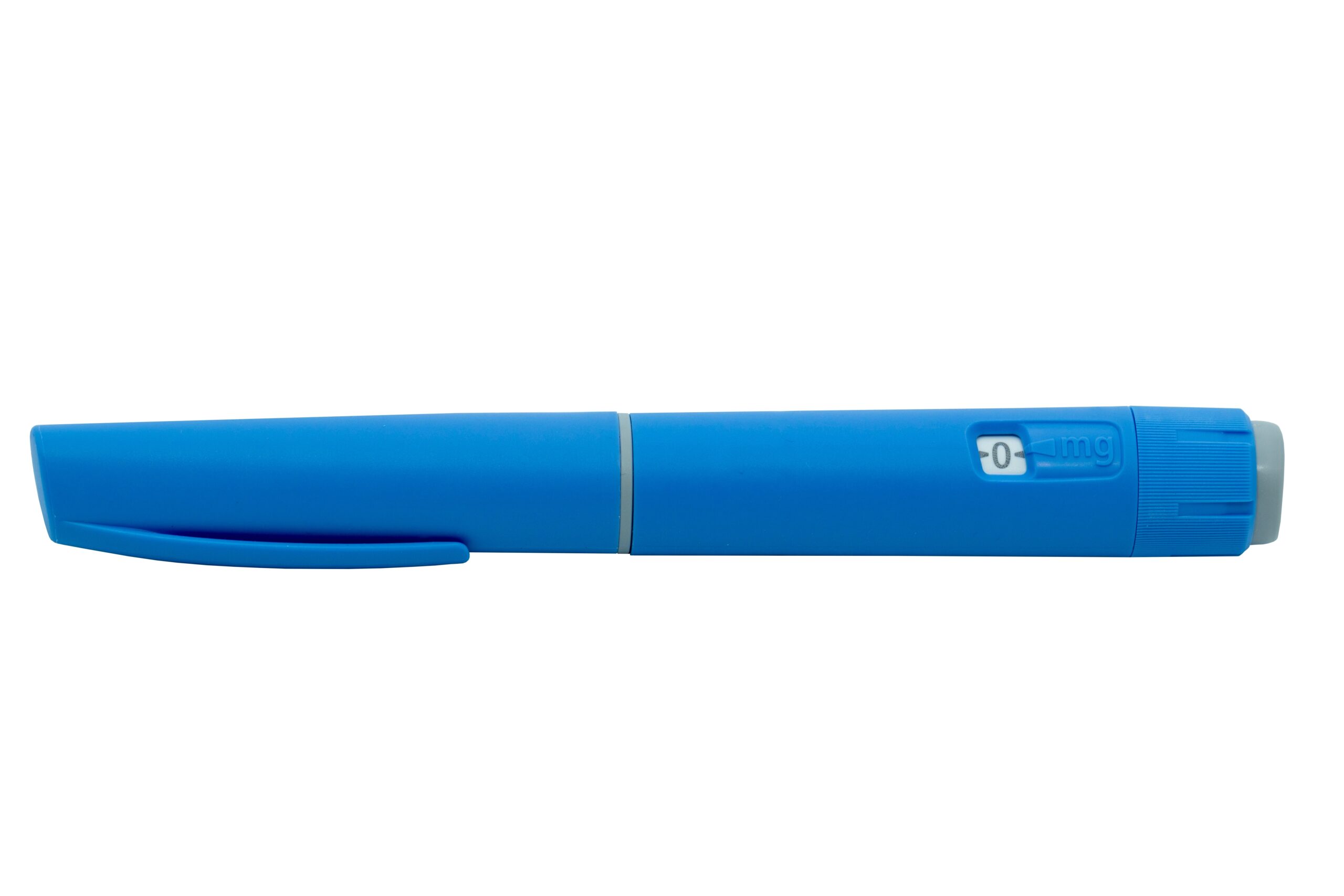NO UPFRONT COSTS
Injury Claim Reviews
Start My Free Consultation
Leading justice
Injured and need to file a personal injury lawsuit? You need more than luck to fight your insurance company for fair injury claim compensation
Connecting the Injured with Lawyers for Dangerous Drug Claims, Product Liability Lawsuits, assault and consumer injury lawsuit claims.
Leading Justice is dedicated to protecting the rights of consumers who have been harmed by a dangerous drug or a defective consumer product. Contact our consumer advocates at Leading Justice today if you or a loved one has suffered serious drug- or device-related injuries. We work directly with many law firms experienced in filing injury lawsuits and may be able to connect you with a lawyer to discuss your consumer injury lawsuit claim.
It’s important to note that we are not lawyers or medical professionals. We can’t give you legal advice regarding your injury claim and we certainly can’t give you medical advice related to the side effects you are experiencing.
Here at Leading Justice, our consumer advocates are just regular people like you and me, whose primary goal is to inform the public of the deceptive actions of pharmaceutical drug companies, medical device makers and product manufacturing companies. Selfishly, these giant corporations hold their profits and their own best interest over yours. Far too often, innocent adults, adolescents, children and the elderly suffer life-altering or fatal catastrophic injuries from side effects. Many times, a simple warning could have helped change a life.
Experienced Injury Attorneys Within Reach
Fight for the Injury compensation you deserve
Current Featured Mass Tort Cases
Elmiron Vision Loss Lawsuits
Elmiron injury lawsuit info: Patients taking the bladder drug Elmiron (pentosan polysulfate) may be at risk for a degenerative eye disease known as retinal maculopathy or pigmentary maculopathy, which may continue to cause permanent vision problems even after the drug treatment is discontinued. Many with this diagnose experienced wavy vision before diagnosis.
Tepezza Hearing Loss Lawsuits
Tepezza lawsuit info: A study shows 16% of patients taking Horizon Therapeutics’ thyroid eye disease drug Tepezza may experience long-term otologic symptoms like hearing loss & tinnitus. Attorneys are also alleging muffled hearing, autophony, hyperacusis, eustachian tube dysfuntion and deafness. All Tepezza side effects may persist even after the drug treatment is discontinued.
Hair Straightener Lawsuits
Hair Straightener lawsuit info: Women exposed to harmful chemicals in popular chemical hair straighteners and relaxers may be at risk for adverse health conditions, such as uterine cancer, breast cancer, ovarian cancer, and endometriosis. Unfortunately, hair straightener lawyers allege harm to people using these products to straighten curly, kinky and textured hair.
Ozempic Gastroparesis Lawsuits
Ozempic lawsuit info: Individuals who have taken Ozempic, Wegovy and other versions of semaglutide have reported severe stomach problems, including hospitalizations, surgery and severe health issues potentially leading to Ozempic lawsuits against the manufacturer, Novo Nordisk.
Baby Formula NEC Lawsuits
NEC lawsuit info: The link between baby formula and necrotizing enterocolitis (NEC) has led to an increasing number of parents filing product liability lawsuits against baby formula manufacturers. Studies have shown that cow’s milk-based formula, such as brands like Enfamil and Similac, has been associated with an elevated risk of NEC in premature infants.
Uber and Lyft Sexual Assault Lawsuits
Uber assault lawsuit info: The surge in rideshare assault claims is a distressing trend that cannot be ignored. Reports of sexual assault, harassment, and violence have been on the rise, painting a grim picture of the dangers that lurk within these seemingly harmless rides. And, it's not always passengers assaulted, drivers are at risk too.
Injured Americans Deserve Unrivaled Defective Product, Dangerous Drug and Personal Injury Representation for their Injury Lawsuit.
You deserve a lawyer that has dedicated their practice to helping people who have been harmed by defective drugs, dangerous products, ground water contamination, train accidents and those who have been injured in any kind of accident involving negligence. Don’t settle, recover the compensation you deserve by hiring an attorney to file your consumer injury lawsuit.
Don’t settle for the lawyer that has helped you with other types of law, you need an injury attorney that has experience litigating your type of claim. You need an injury lawyer that can help you stand up against negligent corporations and insurance companies looking to protect their bottom line, no matter the cost. Injury attorneys aren’t free, but they if they take on your injury claim, they will pay all of the upfront costs associated with pursuing compensation on your behalf and they only get paid if you win. This means, there are no out of pocket expenses for you to worry about when filing your injury lawsuit. They want justice and they want to get the largest amount possible for your claim, because that is also how they get paid.
Things a good personal injury lawyer will consider; Pain and Suffering, Past medical care, Future medical care and more.



